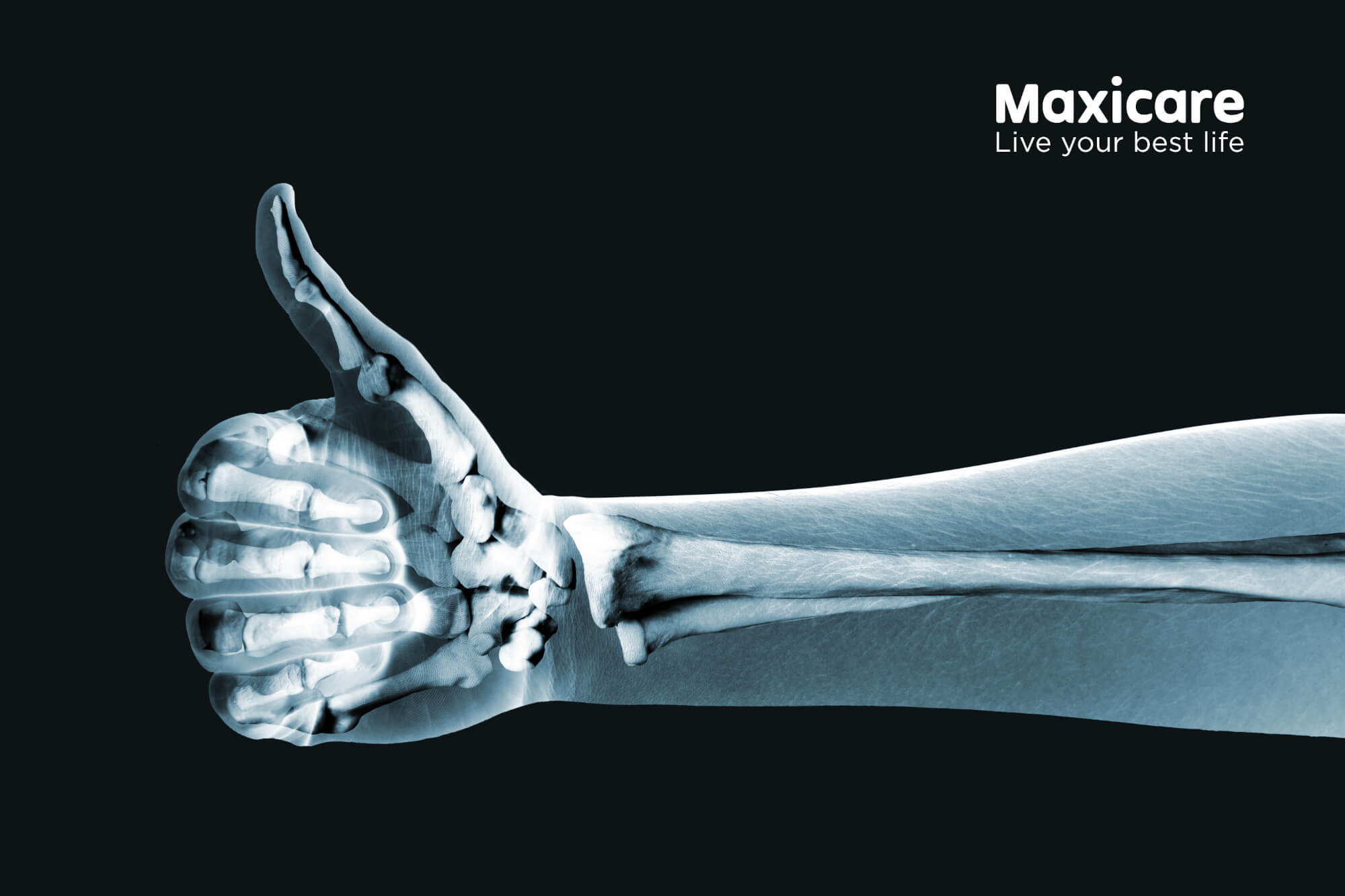
The National Disability Prevention and Rehabilitation (NDPR) Week, held on the third week of July, is an annual celebration of the national government spearheaded by the National Commission Concerning Disabled Persons (NCCDP) by Proclamation No. 1870. What is a disability?
- A disability is any condition of the body or mind (impairment) that makes it more difficult for the person with the need to do certain activities (activity limitation) and interact with the world around them (participation restrictions).
There are many types of disabilities, such as those that affect a person’s:
- Vision
- Movement
- Thinking
- Remembering
- Learning
- Communicating
- Hearing
- Mental health
- Social relationships
Three Dimensions of Disability
- Impairment in a person’s body structure or function or mental functioning; examples of impairments include loss of a limb, loss of vision, or memory loss
- Activity limitations include difficulty seeing, hearing, walking, or problem-solving
- Participation restrictions in normal daily activities, such as working, engaging in social and recreational activities, and obtaining health care and preventive services
Disability can be:
- Related to conditions present at birth and may affect functions later in life, including cognition (memory, learning, and understanding), mobility (moving around in the environment), vision, hearing, behavior, and other areas. These conditions may be:
- Disorders in single genes
- Conditions of chromosomes (for example, Down syndrome)
- The result of the mother’s exposure during pregnancy to infections (for example, rubella) or substances, such as alcohol or cigarettes
- Associated with developmental conditions that become apparent during childhood (for example, autism spectrum disorder and attention-deficit/hyperactivity disorder or ADHD)
- Related to an injury (for example, traumatic brain injury or spinal cord injury
- Associated with a longstanding condition (for example, diabetes), which can cause a disability such as vision loss, nerve damage, or limb loss
- Progressive (for example, muscular dystrophy), static (for example, limb loss), or intermittent (for example, some forms of multiple sclerosis
For any health concerns, you may reach out to a Maxicare doctor via the 24/7 Teleconsult Hotline, Videoconsult services powered by the Doctor Anywhere App, or Maxicare Primary Care Clinic (PCC). Lab tests and diagnostic procedures are available at a PCC or through HomeCare services.
References:
https://www.cdc.gov/ncbddd/disabilityandhealth/disability.html












